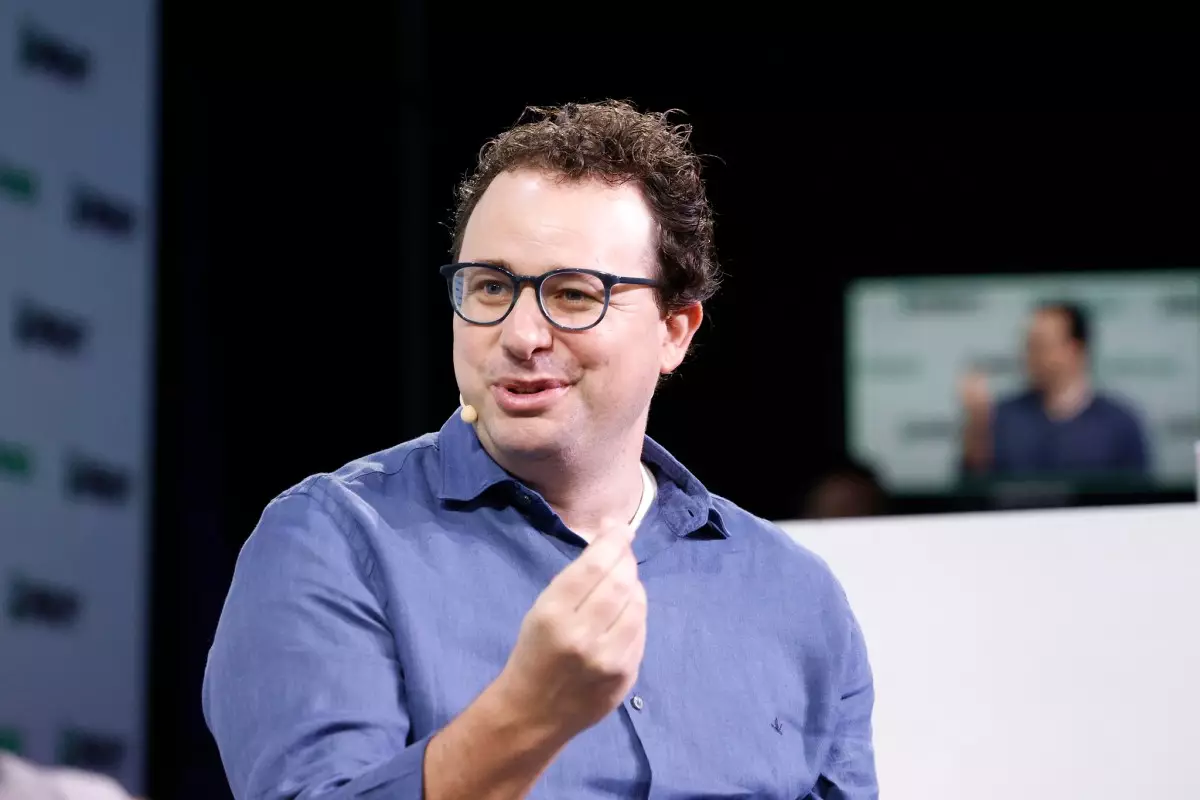In an increasingly digital world dominated by artificial intelligence, the legal ramifications surrounding copyright infringement are becoming more complicated. The ongoing lawsuit initiated by the Authors Guild against OpenAI has brought significant attention to these issues, particularly in light of the involvement of Anthropic, a competing AI firm. Dario Amodei, the CEO of Anthropic, finds himself at the center of a legal storm as his past relationship with OpenAI comes under scrutiny. The latest court filings reveal attempts by both the Authors Guild and Amodei’s legal team to navigate a highly intricate legal landscape fraught with personal and professional implications.
The lawsuit was filed in September 2023 in the Southern District of New York, where the Authors Guild aims to hold OpenAI accountable for allegedly using copyrighted material without permission while training its AI models. Representing a coalition of established authors such as John Grisham and George R.R. Martin, the guild claims that individuals like Amodei and his co-founder, Benjamin Mann, possess invaluable insights, having worked at OpenAI during the crucial period when the technologies in question were being developed. In an effort to glean insights that could bolster their case, the Authors Guild issued subpoenas for testimony and other forms of communication linked to Amodei and Mann.
Initially cooperative, Amodei and Mann agreed to participate in depositions that would last seven hours. However, their legal representatives soon began to delay these depositions, hoping to align them with testimonies from another case involving prominent figures such as comedian Sarah Silverman and author Michael Chabon. Such complexities highlight the entangled nature of legal proceedings when numerous parties are involved. The situation could be seen as a calculated maneuver to gather more information and context from the environment in which these businesses operated.
As time moved forward, Amodei’s legal team began to push back, arguing that the CEO’s demanding schedule, often described through the “apex doctrine”—a legal principle designed to protect high-ranking individuals from undue burdens—should exempt him from giving testimonies. This has sparked a fascinating discussion about the role of corporate leaders in legal cases surrounding their companies and the implications of their previous work experiences.
Benjamin Mann’s situation indicates additional layers of complexity in this legal saga. His claims of familial obligations, including the care needed for young children and managing a family member’s health crisis, add a profoundly human element to the legal dispute. This nuance raises questions about how personal and professional obligations intersect when navigating a lawsuit that hinges on nuanced interpretations of copyright law.
Moreover, Mann’s attempts to limit his deposition to four hours—and to link it strictly to the timeline of the other ongoing case—demonstrate a strategic approach, but also bring into focus the stressful nature of legal battles. A personalized plea from a co-founder of a significant company genuinely reflects the struggles many face in balancing demanding careers and family life.
As the legal tussle escalates, it signals the increasingly contentious relationship between AI firms and the realms of authorship and copyright. The outcomes of such legal disputes will not only impact Anthropic and OpenAI but could set precedents that shape the future of AI development and the protection of intellectual property. This ongoing case illuminates the need for clearer definitions and legislation governing AI use and copyright law, especially as emerging technologies continue to evolve rapidly.
The legal entanglement surrounding Dario Amodei and Benjamin Mann serves as a microcosm of the larger battles raging in the tech industry regarding copyright and ethics in AI. As pressure mounts on Anthropic and its leadership, one cannot help but wonder how this will play out in the courts and beyond. With significant implications for authors, tech companies, and the legal system as a whole, it is evident that the outcomes of these proceedings could echo through the digital landscape for years to come. The pressing question remains: how will the courts adapt to issues of creativity versus technology in an age dominated by artificial intelligence?

